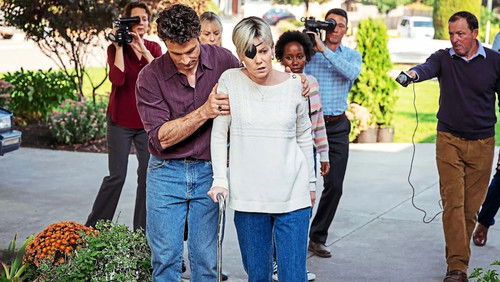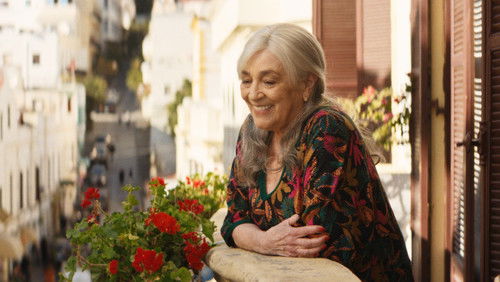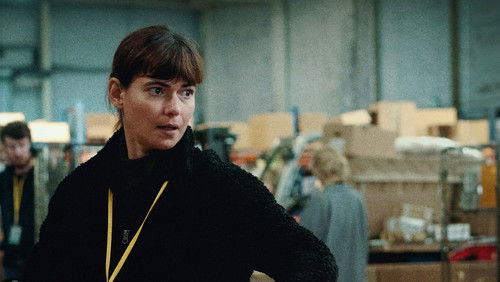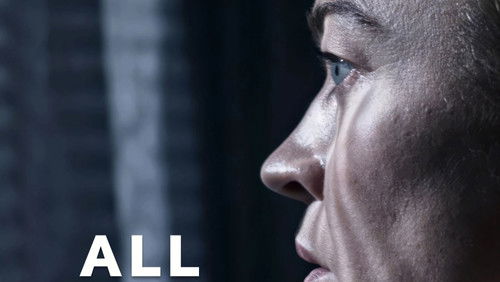Greta (2019)
34KGreta: Directed by Armando Praça. With Marco Nanini, Denise Weinberg, Demick Lopes, Gretta Star. Pedro, a 70-year-old gay nurse, is taking care of Daniela, his ailing transgender friend. In order to find her a vacant hospital bed, he decides to help an arrested and wounded criminal to escape.
“«Greta» is one of those films that are strongly sustained by good performances. In this case, the work of the actors is exceptional. Based on the 1974 play u0026quot;Greta Garbo, Who Would Have Thought, Ended Up in Irajáu0026quot; by Fernando Mello, the work of the central cast is key to the full enjoyment of a drama about love, life, death, all in the same cocktail, while offering a wide panorama of the fears and uncertainties that constantly cross our path when we reach old age.u003cbr/u003eu003cbr/u003eu0026quot;Greta Garbou0026quot; is the 70-year-old homosexual nurse Pedro, whose life is complicated when he searches the hospital where he works, for a bed to accommodate his transgender sister Daniela, who is slowly dying from kidney problems. In his quest, Pedro meets Jean, a wounded murderer whom he helps escape from the hospital, to keep his bed. Daniela refuses to die, she sings with passion in a small-time nightclub, like everything that surrounds Pedrou0026#39;s life, but that he assumes with dignity, in an atmosphere of rampant lust, drug addiction, alcoholism, labor corruption, misery … In the bustle, Pedro ends up taking Jean home, hides him from the police and gets involved in his drama, no matter how hard he tries to drive Jean away.u003cbr/u003eu003cbr/u003e«Greta» reminded me of two movies: first, Bruce La Bruceu0026#39;s «Gerontophilia», which «Greta» reveals as a too elaborate and u0026quot;aspirationalu0026quot; scenario about the strange affair between a 20-year-old male nurse who is a gerontophile and a 70-year-old patient of African descent in Canada, losing much of its strength; and second, Wong Kar-waiu0026#39;s «Happy Together», which, for me, is one of the best films I know about the homosexual condition, which u0026quot;de-glamorizesu0026quot; the u0026quot;gayu0026quot; life: indeed, it takes away the surname u0026quot;gayu0026quot; to the orientation and, without making it tragic, humanizes it and shows it more as a vivid, healthy and intense experience (and it can even make you laugh a bit) than the transvestite comedies that delight the heteronormative crowd, or those (male) melodramas of cowboys, European chic boys and u0026quot;queer as folksu0026quot; dandies, with casts of u0026quot;pretty, muscular and blond boysu0026quot;, relegating the non-Caucasian majority.u003cbr/u003eu003cbr/u003e«Greta» immensely contributes to make obvious all this and more, through (as I said before) the performances of Marco Nanini, Denise Weinberg and Demick Lopes as Pedro-Greta, Daniela and Jean. However, I think that director Armando Praça did not know when to stop and made the film overlong. Praça did many changes to the original story (centered on nurse Pedro, prostitute Mary and Renato, a medicine student from the countryside), which is OK with me, but the final section about bribery and farewell is unnecessary and useless, for it does not contribute anything to the drama. And I donu0026#39;t know whose idea it was to give the movie a sappy happy ending, but it does not fit the drama very well.u003cbr/u003eu003cbr/u003eIn the final sum, I recognize that this type of film is valuable, especially when it has been made in Fortaleza, Ceará, far from the main centers of film production in Brazil. The u0026quot;pious soulsu0026quot; must be warned that the film contains explicit sex, but beyond that «Greta» is a work that honestly reveals good, bad and ugly aspects of the homosexual condition, whether one or the other likes it or not, or does not belong to the social class that the movie describes so well.”









